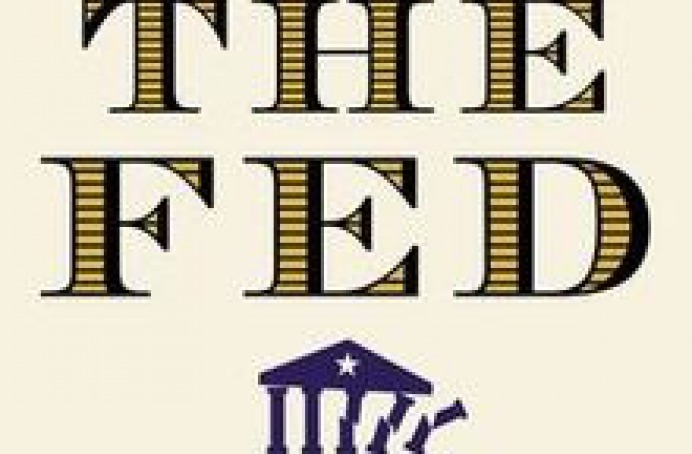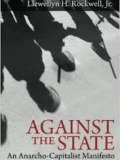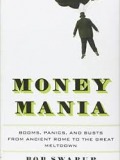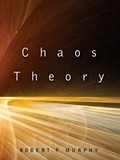
End The Fed
Most people think of the Fed as an indispensable institution without which the country's economy could not properly function. But in END THE FED, Ron Paul draws on American history, economics, and fascinating stories from his own long political life to argue that the Fed is both corrupt and unconstitutional. It is inflating currency today at nearly a Weimar or Zimbabwe level, a practice that threatens to put us into an inflationary depression where $100 bills are worthless. What most people don't realize is that the Fed -- created by the Morgans and Rockefellers at a private club off the coast of Georgia -- is actually working against their own personal interests. Congressman Paul's urgent appeal to all citizens and officials tells us where we went wrong and what we need to do fix America's economic policy for future generations.
aboutLiberty Portal

Against the State: An Anarcho-Capitalist Manifesto diagnoses what is wrong with the American political system and tells us what we need to fix things. The cure is a radical one because, as the book incontrovertibly shows, the many problems that confront us today are no accident. They stem from the nature of government itself. Only peaceful cooperation based on the free market can rescue us from our present plight.
Against the State is written by Lew Rockwell, the founder of the Mises Institute and LewRockwell.com, and the closest friend and associate of Murray Rothbard, the leading theorist of anarcho-capitalism. Rockwell applies Rothbard’s combination of individualist anarchism and Austrian economics to contemporary America. The book shows how the government is based on war, both against foreign nations and against the American people themselves, through massive invasions of our liberties. Fueled by an out-of-control banking system, the American State has become in essence fascist. We cannot escape our predicament through limited government: the government is incapable of controlling itself. Only a purely private social order can save us, and Rockwell succinctly sets out how an anarcho-capitalist order would work.

In short, it is the story of what makes us human.



